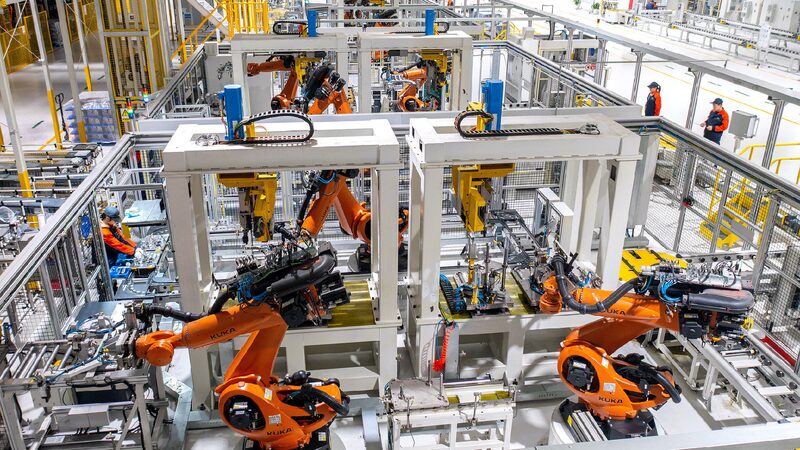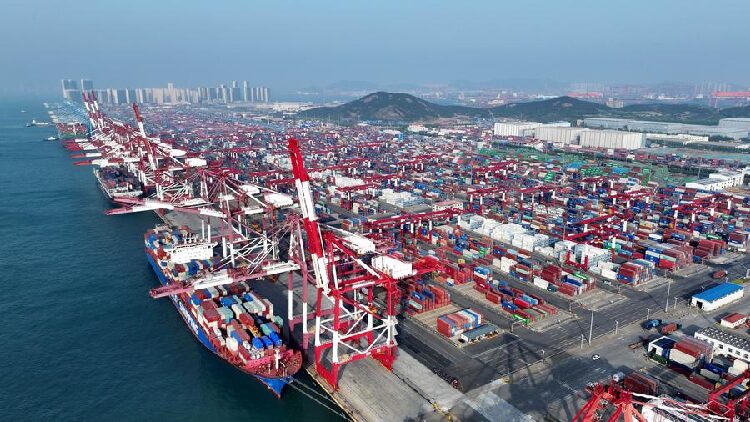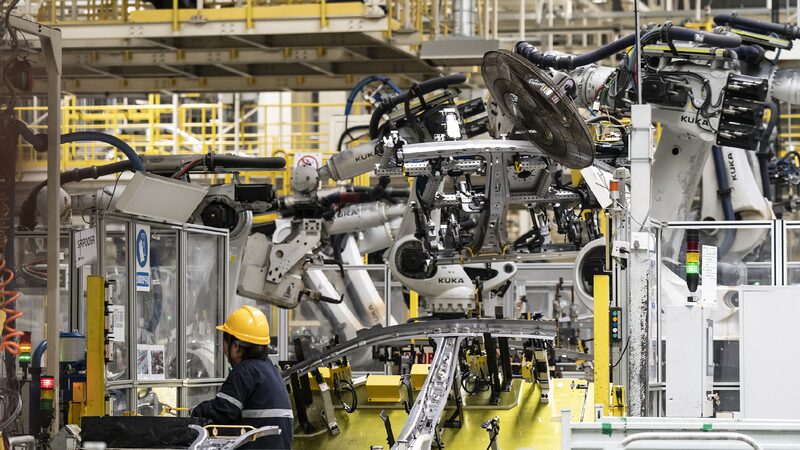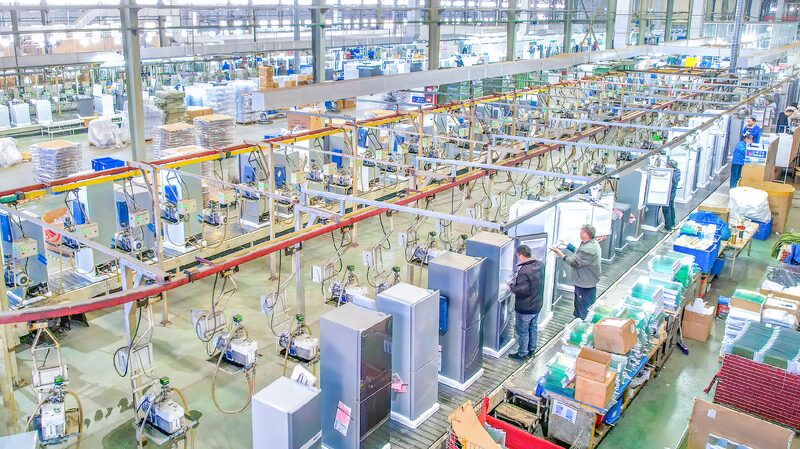The 8th Digital China Summit is set to take place in Fuzhou, southeast China’s Fujian Province, from April 29 to 30, showcasing the nation’s digital transformation achievements amid robust growth in the digital sector.
Liu Liehong, head of the National Data Administration, announced at a press conference on Monday that the summit aims to address challenges in data utilization and promote market-oriented value creation. “We aim to unlock the potential of data resources and pave the way for innovative applications,” Liu said.
China’s digital industry has seen remarkable growth in recent years, generating significant revenue and profits. Official data shows steady year-on-year increases, highlighting the digital economy’s role as a key driver of the country’s development.
The summit will release several important policy documents, including reports on digital China development and the national data resource survey, providing strategic guidance for future digital initiatives.
More than 300 professional institutions are expected to participate, with companies constituting over 75 percent of participants and private enterprises exceeding 50 percent—a notable increase from previous editions, according to Guo Ningning, Party chief of Fuzhou.
The event will feature over 100 activities centered on digital transformation, data applications, technological breakthroughs, and industrial cluster development. A highlight of this year’s summit is the debut of cutting-edge technologies, with more than 65 percent of the products appearing for the first time. These include smart robots, advanced drones, brain-like computing, and large multi-modal language models.
Visitors will experience immersive digital scenarios, including interactive humanoid robot greeters, robot dog performances, and digital cultural experiences in Fuzhou’s historical and cultural areas like Sanfangqixiang—meaning “three lanes and seven alleys”—blending traditional culture with modern technology.
“We’re excited to showcase how innovation can integrate with our rich cultural heritage,” Guo said. “The summit will not only display technological advancements but also highlight their impact on society.”
The digital economy has become a significant driver of China’s growth, with core digital industries contributing approximately 10 percent of gross domestic product. China’s “lighthouse factories,” recognized by the World Economic Forum for their leadership in the Fourth Industrial Revolution, now account for over 40 percent of the global total.
Looking ahead, the National Data Administration will continue focusing on market-oriented reforms of data elements, guiding pilot projects in key regions, and promoting international cooperation to further advance digital economic development.
“We’re committed to fostering an open and innovative environment,” Liu stated. “International collaboration is essential for the sustainable growth of the digital economy.”
Reference(s):
8th Digital China Summit to drive data economy, showcase tech
cgtn.com








